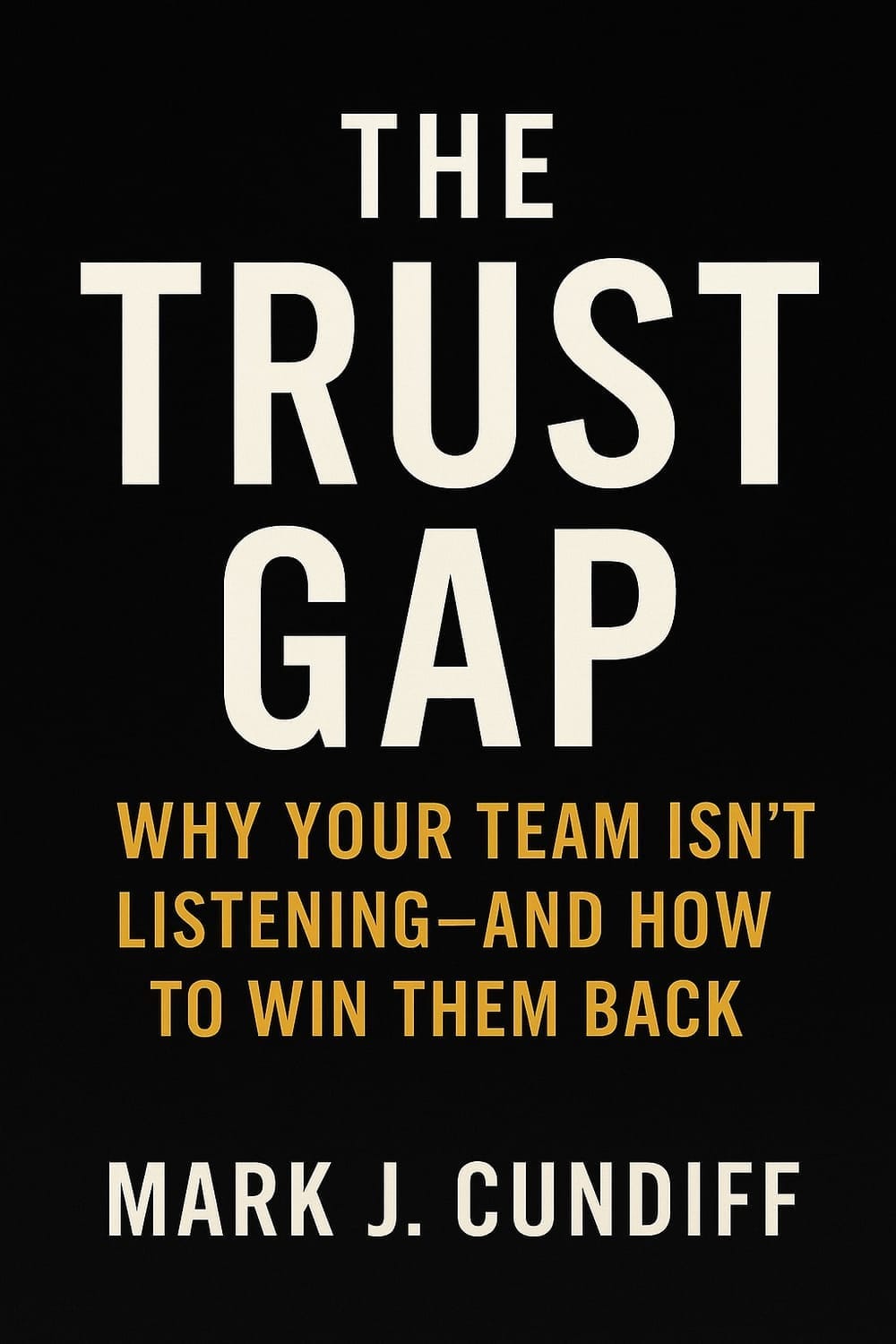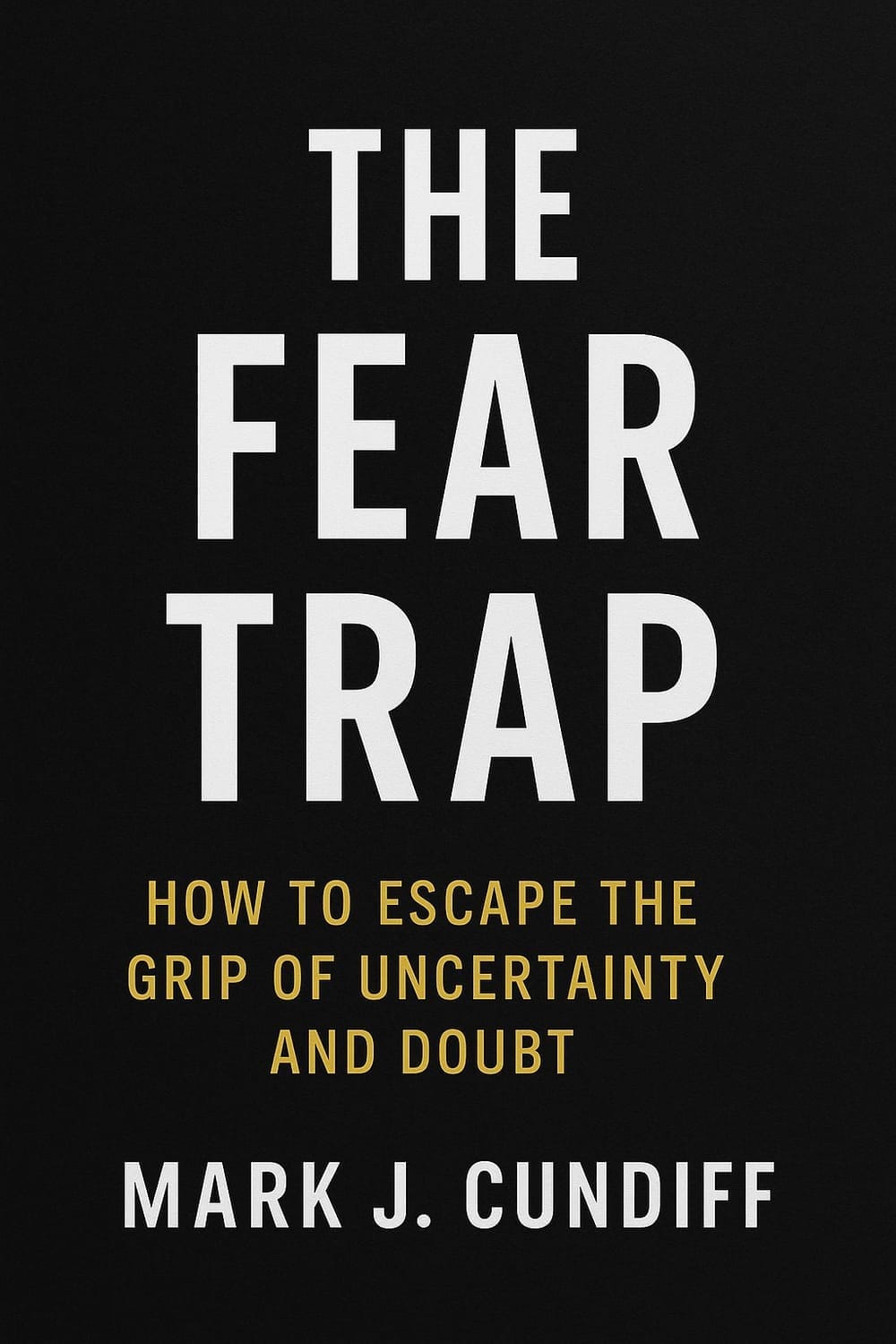When Leading Gets Hard: Building Shatterproof Resilience That Actually Works - Tasha Eurich - Global Leadership Summit 2025
What if everything you thought you knew about resilience was wrong?
I just spent time absorbing insights from organizational psychologist Tasha Eurich at the Global Leadership Summit, and I can't stop thinking about one powerful truth she shared:
We're all navigating a cascade of chaos, and our old playbook for resilience isn't working anymore.
If you're leading today, you know exactly what this feels like. The endless pivots. The compressed timelines.
The weight of decisions that affect real people's lives. Some days, it feels like we're all just one more crisis away from breaking.
But here's what Eurich taught me that changed my perspective entirely:
There's a difference between traditional resilience and what she calls "shatterproof" resilience. And understanding this difference might be exactly what you need to not just survive your leadership challenges, but actually thrive through them.
The Truth About Your Best You
Eurich opened with a deceptively simple premise: When we are the best version of ourselves, our teams around us are likely to succeed.
Take a moment with that. When was the last time you showed up as your absolute best? Not perfect—your best. The version of you that leads with clarity, responds rather than reacts, and creates space for others to contribute their finest work?
I'll be honest—for me, it's been too long. And if you're like most leaders I know, you're probably nodding along, feeling that familiar knot of recognition in your stomach.
Resilience Isn't What You Think It Is
Here's where Eurich shattered my assumptions about resilience. Most of us think of resilience as our capacity to cope with hard things, adversity, setbacks, the curveballs that leadership inevitably throws our way.
That's not wrong, but it's incomplete.
Traditional resilience thinking tells us there are seven protective practices we should cultivate:
Gratitude
Optimism
Social Support
Reframing
Exercise
Meditation
Sleep
Sound familiar? You've probably seen this list before, maybe even tried to implement some of these practices. But if you're like me, you might have wondered why you still feel overwhelmed despite checking these boxes.
The Three Outcomes Every Leader Faces
When we encounter adversity, Eurich explains, there are only three possible outcomes:
Broken — We don't recover and operate below our baseline
Bounced Back — We return to our previous level of functioning
Got Better — We emerge stronger and more capable than before
Most resilience advice aims for outcome two: bounce back. Get back to where you were. Recover your equilibrium.
But what if that's aiming too low? What if the goal isn't just to survive the chaos, but to become more capable because of it?
Breaking Through the Resilience Myths
This is where Eurich's research gets revolutionary. She identified two critical myths that are actually undermining our resilience:
Myth 1: Resilience is a muscle
The Truth: We can't always improve our resilience.
This one hit me hard. How many times have you pushed yourself to "build more resilience" like you're training for a marathon? The research shows this approach can actually backfire.
Myth 2: What doesn't kill us makes us stronger
The Truth: Stress drains our resilience resources.
Every challenge doesn't automatically make us stronger. Sometimes it just makes us tired. And that's not a character flaw—it's biology.
Shatter the Shame
Here's what I appreciate most about Eurich's approach, she gives us permission to be human.
Her three mantras for breaking through shame are exactly what we need to hear:
1. Forgive yourself.
You're not failing if you're struggling. You're human, leading in unprecedented times.
2. This is not the comparison Olympics.
Your resilience journey doesn't need to look like anyone else's. Stop measuring yourself against the highlight reel of other leaders.
3. Recognize when you've hit your resilience decline.
There's wisdom in acknowledging when you're running on fumes. It's not weakness—it's self-awareness.
Your Next Step Forward
So where does this leave us as leaders?
First, give yourself permission to redefine what resilience looks like for you right now. Maybe it's not about bouncing back to exactly where you were. Maybe it's about becoming more intentional, more present, more connected to what truly matters.
Second, audit your protective practices honestly. Are you going through the motions with gratitude and exercise, or are you genuinely investing in practices that restore your capacity to lead well?
Finally, embrace the goal of getting better, not just getting back. What if this season of challenge is actually preparing you for something greater? What if the chaos you're navigating is building capabilities you didn't even know you needed?
The Leadership Choice
Every day, you have a choice. You can approach the cascade of chaos with traditional resilience thinking, white-knuckling your way through, hoping to bounce back to where you were.
Or you can choose the shatterproof approach, acknowledging the limits of your current capacity while remaining open to becoming someone better equipped for what's ahead.
Your team is watching. They're taking cues from how you navigate this uncertain terrain. When you show them what it looks like to lead with both strength and humanity, you're not just surviving the chaos—you're modeling what's possible.
What's one protective practice you'll recommit to this week?
And more importantly, how will you give yourself permission to be human while you do it?
The cascade of chaos isn't slowing down. But with the right understanding of resilience, we don't just have to survive it—we can become exactly the leaders our teams need us to be.
The Complete Global Leadership Summit Article Index
John Maxwell: The Legacy You Leave
Craig Groeschell: Leadership Consistency: The Boring Secret to Long-Term Success
Erica Dhawan: The New Leadership Advantage: Connectional Intelligence
Thasunda Brown Duckett: From Love and Faith to Leading a Trillion-Dollar Portfolio
Christine Cane: Don't Drift: Three Questions Every Leader Must Answer
Juliet Funt: The Power of Precision: Choosing Great Over Good
Join over 3,900 Fellow Leaders reading The Learning To Lead Newsletter each week!
Recent Articles

Join over 4,000 Fellow Leaders reading The Learning To Lead Newsletter each week!
©2025 Learning To Lead | Helping Good Leaders Become Great Leaders


